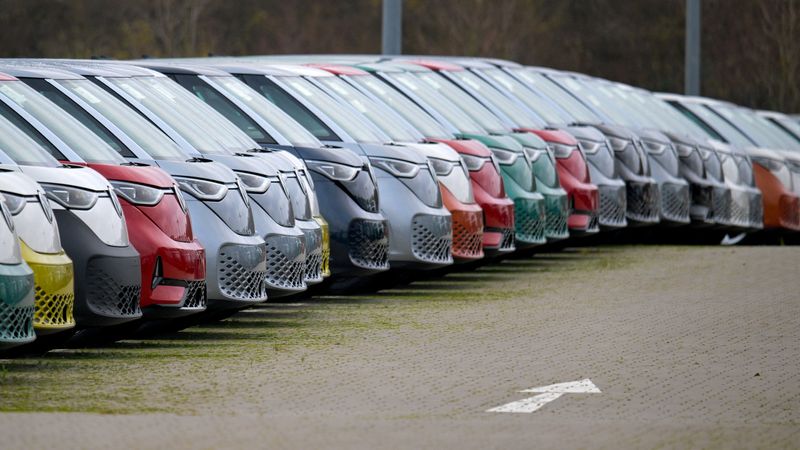S&P says Central European banks can weather auto sector turmoil
Author: Gergeli Sakach
BUDAPEST (Reuters) – Turmoil in Europe's auto industry could hit central European economies and hurt banks' asset quality, S&P Global said on Tuesday, although it added banks were strong enough to withstand pressure on their auto portfolios.
Carmakers across Europe have announced factory closures and mass layoffs as they face weak demand, high costs, competition from China and a slower-than-expected transition to electric vehicles.
Standard & Poor's said the industry is the backbone of Central Europe's economic growth, accounting for 5% to 10% of the region's gross domestic product and 5% of employment.
“While Central and Eastern European banks' direct credit exposure to the automotive sector is relatively low, accounting for approximately 3%-5% of total corporate lending, a sharp economic downturn could harm the region's economy and banks' asset quality,” the report said.
Standard & Poor's said that although major automakers have diversified their funds away from bank loans and toward capital markets, a shock to the industry could still cause significant knock-on effects.
Standard & Poor's said the threat of U.S. tariffs on European car imports, the European Union's tightening of emissions rules from 2025 and fierce competition from Chinese electric car makers could pose additional challenges.
“While further stress in the automotive sector could lead to additional credit losses – mainly due to potential spillovers to suppliers – we believe the profitability and capital levels of Central and Eastern European banks are sufficient to absorb financial shocks,” it said.
It added that disruptions to global trade and the shift to electric vehicles could create opportunities for some countries such as Hungary or Serbia, with China's big banks actively monitoring investments and opportunities in the region.
Under Prime Minister Viktor Orban, Hungary has become an important trade and investment partner of China, while some other EU countries are considering reducing their dependence on the world's second-largest economy.
Cihan Duran, an analyst at S&P, said: “ICBC established a bank in Austria in 2019 and has started operating throughout Central and Eastern Europe from there, like other Chinese banks with subsidiaries in the region. ” He also cited the examples of Bank of China and China Construction Bank.
“There is a lot of interest in Hungary as one of the largest markets, and they try to cooperate with Chinese companies in Hungary, but also with Hungarian companies that have partnerships with Chinese investments and funds.”
(Reporting by Gergeli Sakach; Editing by Edwina Gibbs)










